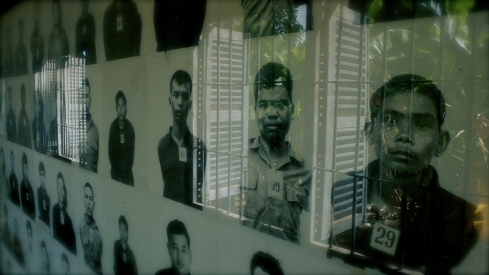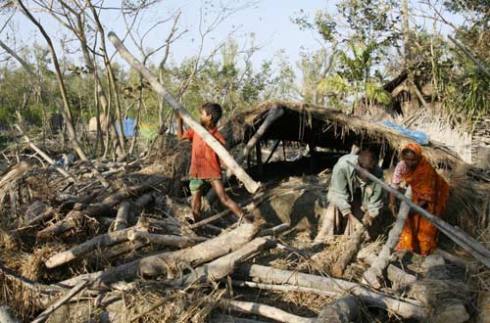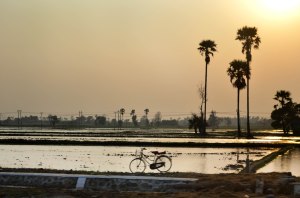
By PISA Staff Assistant, Leeann Ji
Following Myanmar Ambassador Aung Lynn’s visit to the Elliott School of International Affairs on Monday, December 12, PISA provides critical background information on the country through our blog. Previously, we discussed the country’s challenges in natural resource governance. Stay tuned for one more post on Myanmar as part of our ongoing series, Climate Change and Sea Level Rise in Asia.
A country composed of 14 administrative states and more than 135 different ethnic groups, Myanmar currently lags behind its Southeast Asian counterparts in many different aspects of development (according to 2014 data gathered by the United Nations Development Program). After decades of political turmoil, Myanmar saw a push towards democracy when the National League for Democracy, led by Aung San Suu Kyi, won the 2015 elections by a landslide. The election results proved to be a victory for Myanmar, but after the Cold War-era proliferation of communism, years of ideological battles, and an exploding opium and heroin trade, the new Burmese government faces many obstacles on the path to catching up to its ASEAN neighbors.






Latest Commentary